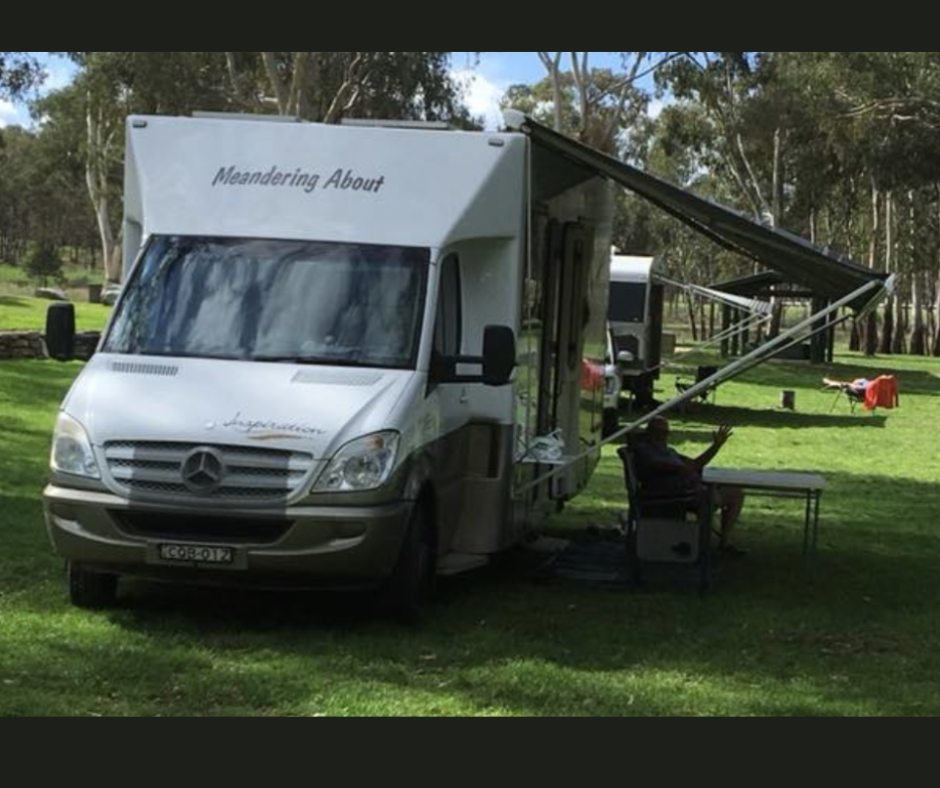Why put money into super when you can’t touch it until I retire?
It all comes down to one word, tax.
Australia is a lucky country. Our health system is the third best in the world. Every child has access to a free education. Everyone has access to clean water and sanitation.
Having this requires everyone to pay taxes – even multinationals operating out of Bermuda and families that use discretionary trusts to reduce their income down from $1 million a year to nothing.
While I don’t support or encourage tax avoidance schemes, minimising your tax is a different story. I want people to pay the right amount of tax.
This is where it brings us back to super, one of the few Government-sanctioned tax shelters.

Reduced income tax
By making additional concessional contributions, you can reduce your taxable income. If you are earning more than $120,000 a year, for every $10,000 you put into super, you can save $2,400 in tax. It may not sound like much but doing this for twenty years will give you an extra $110,000 in super when you retire.
Reduced tax on your investments
Your super fund pays tax on your behalf at the reduced rate of 15%. If you invest outside super, any of the investment earnings are taxed at your top marginal tax rate. When you include the Medicare levy, this could be 36.5%, 39% or 47%.
There are two reasons to invest in something. Either the income they produce (think rent from an investment property or dividends from a company) or the capital gains they produce.
For every $1,000 in income you get from your investment, your super fund only pays $150 tax whereas if you own it personally you could be paying $365, $390, or $470!
Tax free in retirement
The final benefit comes when you retire.
In super you can have up to $3.4 million per couple in super and pay no tax on the earnings. Zero, zip, zilch!
Let’s assume you had this money invested in your own name, and you were getting an income of 5% from it. You would each have a taxable income of around $85,000 and you would pay a combined $36,000 in tax. Every year.
Summary
The biggest downside to super is the fact you can’t access it until you are 60. Don’t let this scare you though, as 60 comes much faster than you ever think possible.
Most people only look at the benefits now and argue that the small tax saving is not worth the fact their money is ‘locked up’ for the next 10 or 20 years.
What these people are ignoring are the enormous benefits you get when you retire. You will have significantly more and won’t have to pay any tax on it. Join the party and make the most of your super.
I specialise in helping people make the most of their money, and love talking about super. If you want a hand to sort yours out, book a chat via the button below or contact us on 0417 034 252 or at office@constructwealth.com.au.
About the Author
Phil Harvey is an independent financial adviser. In 2017 Phil set up his company Construct Wealth to help clients best manage their finances so they focus on what is important to them. He is a founding member of the Profession of Independent Financial Advisers and a tax financial adviser, registered with the Tax Practitioners Board.
General Advice Warning
This advice contains general information. It may not be suitable to you because it does not consider your personal circumstances. Phil Harvey and Construct Wealth are authorised representatives of Independent Financial Advisers Australia (AFSL 464629)
See related articles
The most important thing about investing is to start
Most people want to be financially secure, but they also want the ability to keep doing the things that are most important to them. To be financially [...]
Investing in a volatile market
Continuing to invest when it looks like the market is falling is not easy. Mostly because our inner voice tells us not to buy something when there [...]
Are you doing everything needed to create financial independence?
One of the first things we do with clients is get a picture of where they are. There are 10 key areas we believe are critical to [...]



